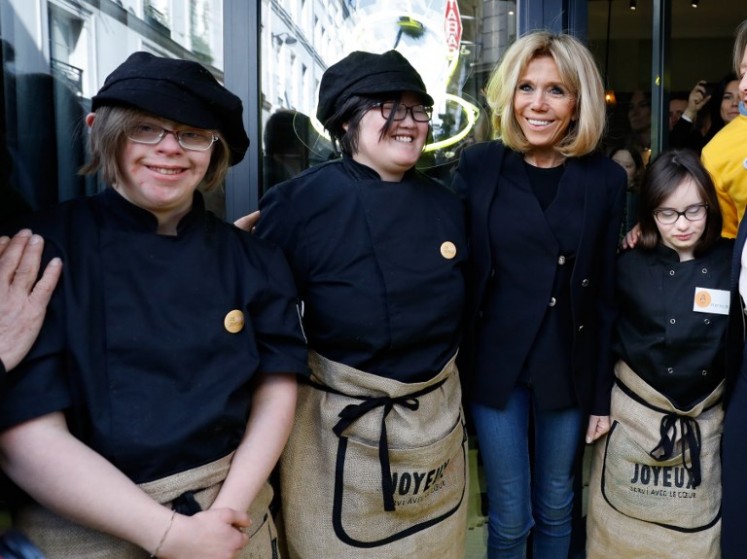Denmark creates global research hub for antibiotics resistance
Change Size
 Denmark said Thursday it would create an international research center focused on the fight against resistance to antibiotics, a scourge affecting almost half a million people worldwide. (Shutterstock/Kenishirotie)
Denmark said Thursday it would create an international research center focused on the fight against resistance to antibiotics, a scourge affecting almost half a million people worldwide. (Shutterstock/Kenishirotie)
D
enmark said Thursday it would create an international research center focused on the fight against resistance to antibiotics, a scourge affecting almost half a million people worldwide.
Danish Health Minister Ellen Trane Norby signed a memorandum of understanding in Seattle, in the United States, with the international network of research centers CGIAR, to establish the centre, her office told AFP.
Denmark aims to lead "future global work on finding new solutions for the serious challenges with antimicrobial resistance we are facing today," Norby said in a statement.
The International Centre for Interdisciplinary Solutions on AMR (Antimicrobial Resistance), financed by Denmark and private investors, will open in 2019 and is expected to employ up to 500 people.
In 2016, 490,000 people developed a resistance to antibiotics, according to figures from the World Health Organisation.
The growing problem causes 33,000 deaths in Europe each year, a recent study by the Stockholm-based European Centre for Disease Prevention and Control (ECDC) said.
Read also: WHO maps dangerous misuse of antibiotics
"The burden of these infections is comparable to that of influenza, tuberculosis and HIV/AIDS combined," the ECDC said.
Discovered in the 1920s, antibiotics have saved tens of millions of lives by defeating bacterial diseases such as pneumonia, tuberculosis and meningitis.
But over the decades, bacteria have learned to fight back, building resistance to the same drugs that once reliably vanquished them.
The WHO has repeatedly warned the world is running out of effective antibiotics, and last year urged governments and big pharma companies to create a new generation of drugs to fight ultra-resistant supergerms.
Bacteria can become resistant when patients use antibiotics they do not need, or do not finish a course of treatment, giving the half-defeated bug a chance to recover and build immunity.









